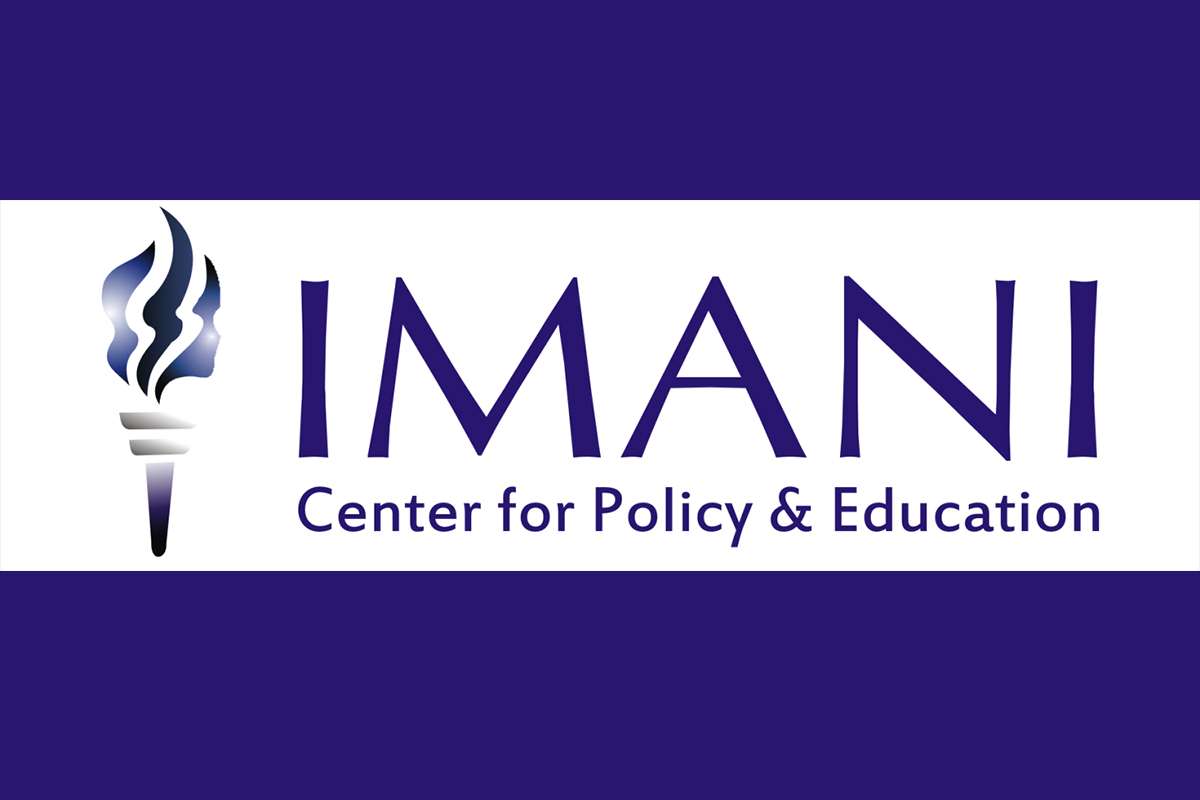
Ghana’s democracy—long hailed as one of Africa’s most enviable systems of governance—is built on a foundation of free elections, peaceful transitions, and the active participation of its citizens. However, as pressures mount from institutional challenges, waning public trust, and a political landscape increasingly dominated by a duopoly of power, the role of opposition parties becomes ever more crucial. These parties are not merely political competitors; they are the watchdogs and voices of accountability who articulate dissent and offer alternative policies, essential for revitalizing and safeguarding the nation’s democratic gains.
Opposition parties, by holding governing institutions to account, are integral to the health of any democracy. Opposition parties perform a critical “police patrol” function. They scrutinize governmental decisions, expose corruption, and ensure that public policies serve the interests of the nation rather than a select few. By regularly challenging governmental policies in Parliament, organizing press conferences, and engaging in public debates, they provide an essential counterbalance to executive power.
A vibrant opposition is expected to present credible policies that offer clear alternatives to the ruling government. In Ghana, the criticism following the unprecedented electoral defeat of the main opposition in 2024 underscores the current shortfall in offering fresh, innovative policy solutions. Even in the aftermath of such setbacks, opposition parties must work to rebuild their credibility by crafting proposals that directly address the socio-economic and governance challenges facing Ghanaians.
In any pluralistic society, dissent and diversity of opinion are inevitable—and invigorating. Opposition parties channel the grievances, aspirations, and diverse views of the citizenry. By engaging with civil society, grassroots organizations, and everyday Ghanaians, these parties act as amplifiers of public sentiment, ensuring that government policies remain responsive to the people’s needs. This role is vital in a society where modern communication and social media have heightened public awareness and expectations for transparency.
The massive defeat of the main opposition, NPP, in the 2024 elections has left many questioning its ability to serve as an effective alternative. Some critics argue that this defeat—while not terminal—is a setback that undermines the opposition’s authority to hold the government accountable. To regain public trust, the NPP must now reframe its platform, distancing itself from electoral self-interest and recommitting to a genuine public service mandate.
Operating in a political system traditionally dominated by two major parties—the National Democratic Congress (NDC) and the New Patriotic Party (NPP)—smaller opposition groups face the daunting task of carving out a significant public role. Even within this duopoly, party members often wrestle with reconciling inconsistent rhetoric when transitioning from opposition to government, thereby complicating their credibility. Overcoming these constraints requires both internal reform and strategic collaboration among opposition factions.
In recent years, there has been a growing sentiment of disenchantment with established political parties in Ghana. Surveys have highlighted a declining trust in political institutions, which feeds into a broader narrative of political paralysis. Opposition parties must find innovative ways to break this cycle by restoring a sense of hope, transparency, and genuine accountability among the electorate.
For opposition parties to effectively safeguard Ghana’s democracy, several strategic pathways must be considered. Developing strong ties with local communities is essential. By returning to the basics and understanding the ground-level challenges that Ghanaians face, opposition parties can tailor their policy proposals to be both practical and transformative. Grassroots engagement also involves robust public outreach—mainly through establishment of ward (polling station) branches with elected executives, town hall meetings, social media dialogues, and collaborative initiatives with civil society—that rebuilds trust and opens channels for genuine dialogue.
In the context of a political landscape dominated by two major parties, unity among smaller opposition forces can enhance their collective bargaining power. Forming coalitions—or even strategic partnerships with like-minded members from the major opposition—can create a more cohesive and influential voice. This unity strengthens the opposition’s capacity to challenge abuses of power and constructively critique government policies.
Beyond mere criticism, opposition parties must focus on proposing actionable solutions that respond to Ghana’s pressing challenges. Whether addressing economic inequality, corruption, or poor public service delivery, detailed policy frameworks can provide voters with tangible alternatives that demonstrate competence and foresight. Effective policy alternatives are not only ideological blueprints—they are roadmaps for national transformation.
Rapid changes in media consumption call for a modern approach to political communication. Opposition parties must harness the power of digital media to disseminate their ideas widely, counter government narratives, and engage with a younger, more dynamic electorate. This digital transformation is necessary to counteract negative portrayals and build a positive public image. Lastly, opposition parties need to embrace internal reforms and establish systems that are democratic, transparent, and merit-based. Strengthening internal democracy not only improves party governance but also enhances credibility by reflecting the very values they advocate for in national politics.
Ghana’s democracy—envied across the continent for its resilience and vibrant electoral culture—rests on the bedrock of accountability, transparency, and public engagement. Opposition parties are central in preserving these democratic qualities. Despite recent setbacks and the erosion of trust, opposition forces still hold the potential to serve as an effective counterweight, provided they recalibrate their approach, embrace unity, and directly address the public’s grievances
By rebuilding credibility through grassroots initiatives, forming strong coalitions, offering detailed policy alternatives, leveraging modern media, and committing to internal reforms, Ghana’s opposition parties can not only safeguard the nation’s democracy but also propel it towards an era of renewed hope and inclusive governance. Ensuring that the democratic space remains open and vibrant is not just the responsibility of the ruling party—it is a shared mandate that demands the active participation of every opposition voice dedicated to the collective good.
Credit- IMANI’s Criticality Analysis of Governance Issues; May 18-24, 2025.








